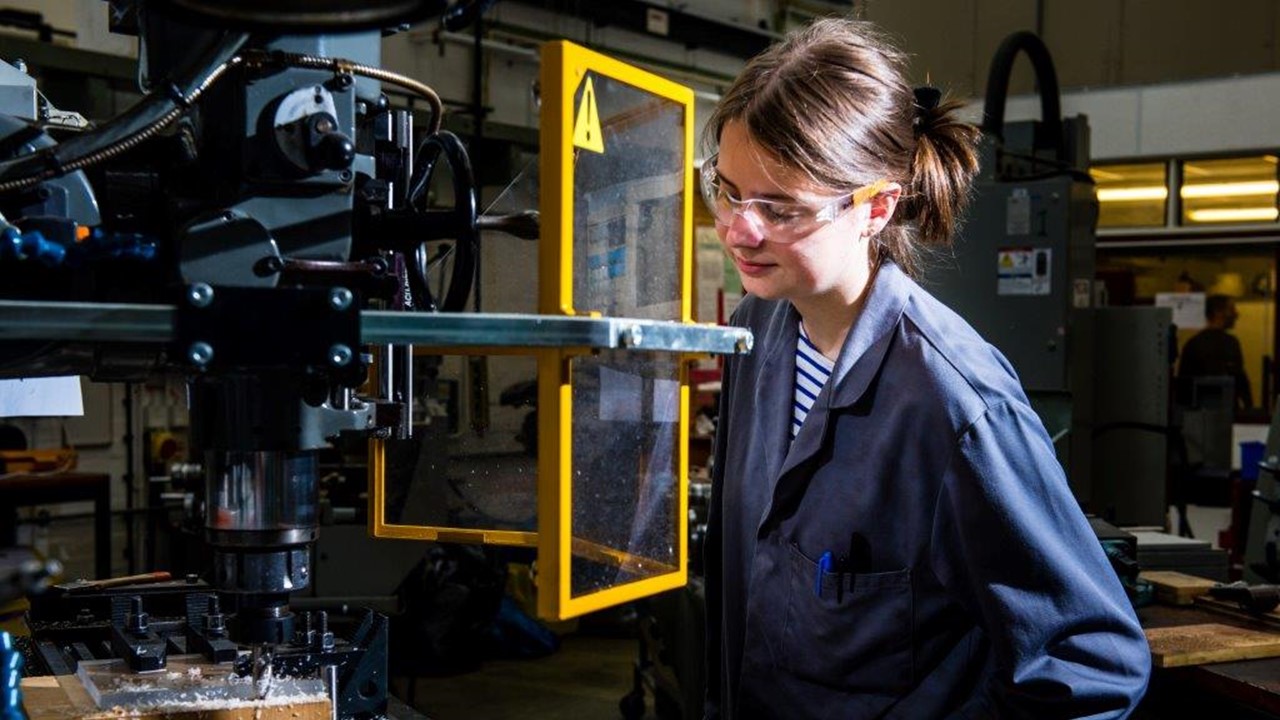Apprenticeships

"Working at the University has opened my mind up to the many career choices and paths that I could take and it is a great place to inspire you to think about your future"
Amber Bassett, Apprentice Academic Support Administrator

"To have the opportunity to earn whilst I learn, whilst working in a job I love is all I could really ask for. Apprenticeships are a great way to show that 'you can do it'."
Badar Afzal, CBP Support Assistant Apprentice

"Being an apprentice is really great, I quickly felt very much part of the team and have close bonds with my colleagues. We all support each other in every way and offer help if a member of the team needs a helping hand"
Maddy Geen, Executive Support Apprentice

"Apprenticeships are a great way to gain knowledge and skills "
Jordanna Broom, Engineering Apprentice

"My days are so productive and rewarding and the learning just seems to happen naturally without me realising. I also get to go to college a day a week, which is great"
Emily Williams, HR Administrator Apprentice
As a university we are pleased to be able to offer a wide range of apprenticeship opportunities from level 3 diplomas, to masters degrees. These training opportunities are on offer to current staff as well as newly recruited apprentices.
Through your apprenticeship, you will gain the knowledge, practical work-based experience and wider skills you need for your immediate job and your future career.
You will develop through a mix of learning in the workplace (on-the-job training), guided learning through one of our training providers (off-the-job training), and will be supported by your line manager and mentors putting your new knowledge and skills into practice.








